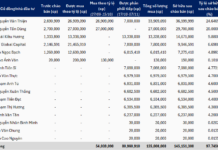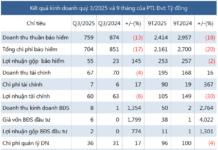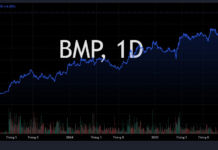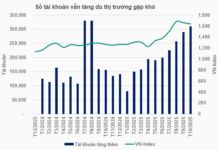Proposal to Eliminate the 35% Tax Rate
The Ministry of Finance has submitted the draft Law on Personal Income Tax (replacement) to the Ministry of Justice for appraisal. Maintaining the stance of the previous draft, the Ministry of Finance continues to propose two options, reducing the number of brackets in the progressive tax table from 7 to 5. With the reduction in brackets, the tax rates between brackets change, but the lowest rate remains at 5%, and the highest rate of 35% is retained. What is the latest information on the personal income tax bracket, specifically the highest rate?
What “bottlenecks” will the draft amended Law on Personal Income Tax address?
However, in the summary table of feedback for the draft law, many opinions suggest eliminating the 35% tax rate and lowering the ceiling to 25%. Specifically, the Delegation of National Assembly Members from Nghe An Province agrees with Option 2 in the draft, which stipulates 5 tax brackets but proposes lowering the highest rate to 25% to encourage and motivate taxpayers.
The Ho Chi Minh City Tax Consultancy and Tax Agent Association also supports eliminating the 35% tax rate, retaining a maximum of 30%. The reason is that high tax rates reduce the competitiveness of the labor environment, affecting the attraction of foreign talent and experts. These opinions also suggest widening the gap between Bracket 1 and Bracket 2, increasing it by 10–15 million VND compared to the draft.
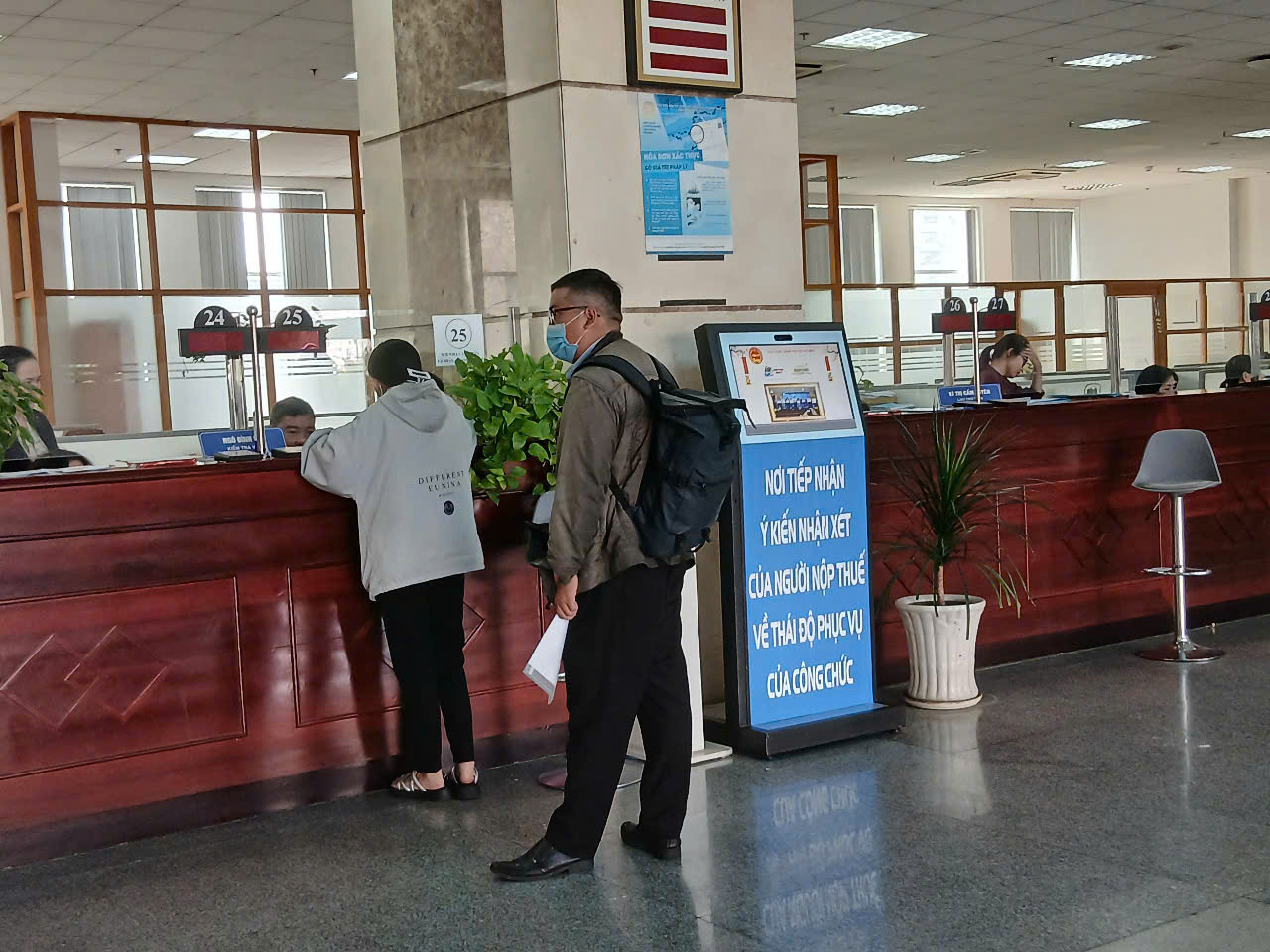
Individuals transacting at the Ho Chi Minh City Tax Department (former Ho Chi Minh City Tax Department)
Speaking to Bao Nguoi Lao Dong, Mr. Nguyen Ngoc Tinh, General Director of TPM Tax Consulting and Agency Joint Stock Company, stated that the draft law proposes two options for applying the highest tax rate of 35% to individuals with taxable income above 80 million VND/month or above 100 million VND/month.
According to Mr. Tinh, this tax rate is too high and could lead to negative consequences, such as reducing work motivation, encouraging tax evasion, or shifting to locations with lower tax rates.
“High-income individuals are often a high-quality workforce with superior health, intelligence, and creativity. They create significant value, helping to spread employment and income. Therefore, eliminating the 35% rate and applying a ceiling of 30% would encourage this group to work, increase income, and contribute taxes more sustainably,” he analyzed.
Waiting Another Year is Too Slow
Simultaneously, the issue of family circumstance deductions has garnered public attention. Mr. Nguyen Van Duoc, General Director of Trong Tin Accounting and Tax Consulting LLC, stated that the Ministry of Finance has submitted a draft Resolution of the National Assembly Standing Committee on raising the family circumstance deduction to 15.5 million VND/month for taxpayers and 6.2 million VND/month for dependents, replacing the old rates of 11 million and 4.4 million VND. If approved, this regulation is expected to apply from the 2026 tax year.
However, Mr. Duoc believes the current deduction level has long been outdated. According to the law, when the consumer price index (CPI) increases by more than 20%, the Government must submit adjustments to the National Assembly. While the CPI surpassed this threshold in 2020, it has not been updated.
“If we wait until 2026, taxpayers will endure an additional 5 years of disadvantage amid rising living costs,” he emphasized.
In reality, many National Assembly delegations, such as Quang Tri, agree with the proposal to apply the new deduction level from 2025 instead of delaying it by another year. They argue that the current deduction level no longer reflects the basic cost of living, especially with rapidly rising prices of goods and services. If further delayed, the settlement of personal income tax will only be implemented from early 2027, meaning citizens will have to wait too long to enjoy their rightful benefits.
In the broader picture, taxing gold transactions and adjusting personal income tax both aim toward a common goal: transparency, fairness, and alignment with reality. For the gold market, tax measures are expected to curb speculation, stabilize prices, and create balance with other investment channels like stocks and real estate.
For personal income tax, lowering the ceiling and increasing family circumstance deductions will help tax policies better align with real-life conditions, encouraging citizens to work, invest, and contribute to the budget in the long term.
Finance Ministry: Tax Exemption for Public Sector Employees Likely to Spark Backlash
During the consultation process for the draft amendment to the Personal Income Tax Law, the Ministry of Public Security proposed exempting personal income tax on salaries funded by the state budget. However, the Ministry of Finance argued that the regulation should apply uniformly to all individuals whose income reaches the taxable threshold, as any deviation could provoke public backlash.
Finance Ministry Proposes Tax Exemption Threshold: How Much Income Qualifies for No Personal Income Tax?
The Ministry of Finance has recently proposed an adjustment to increase the personal income tax (PIT) threshold and the family circumstance deduction, a move that directly impacts the financial well-being of millions of workers across the country.













